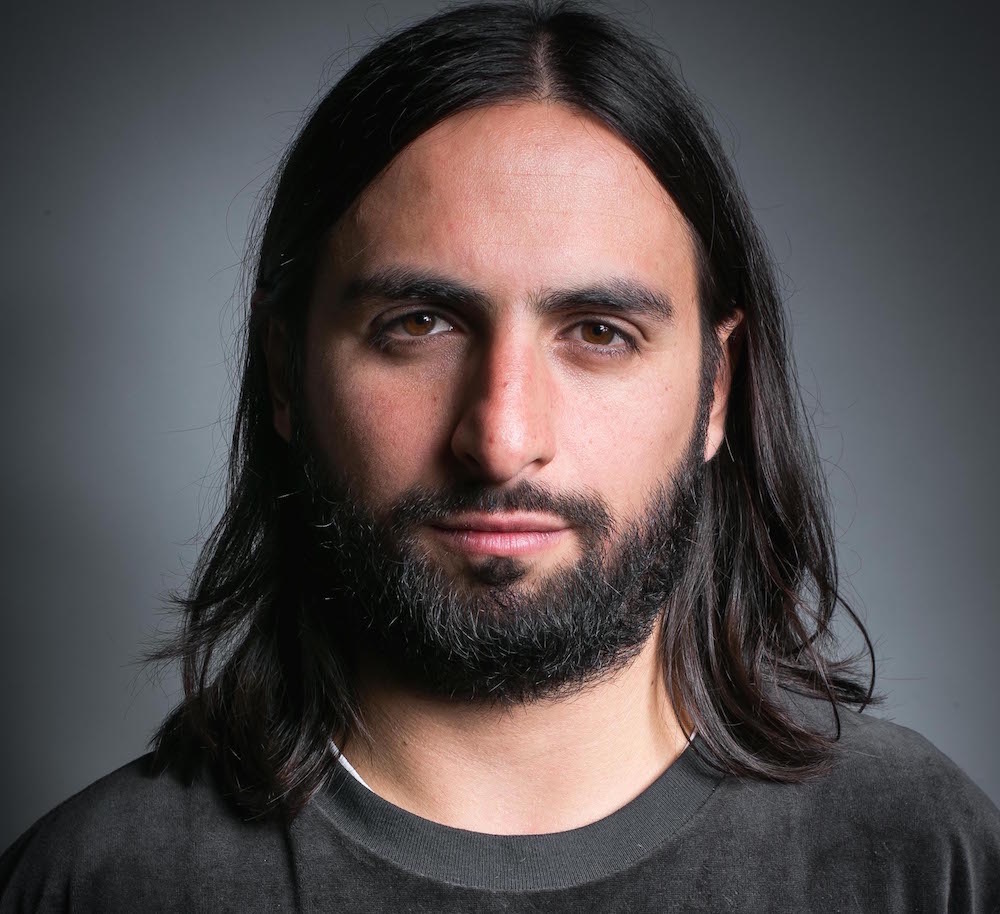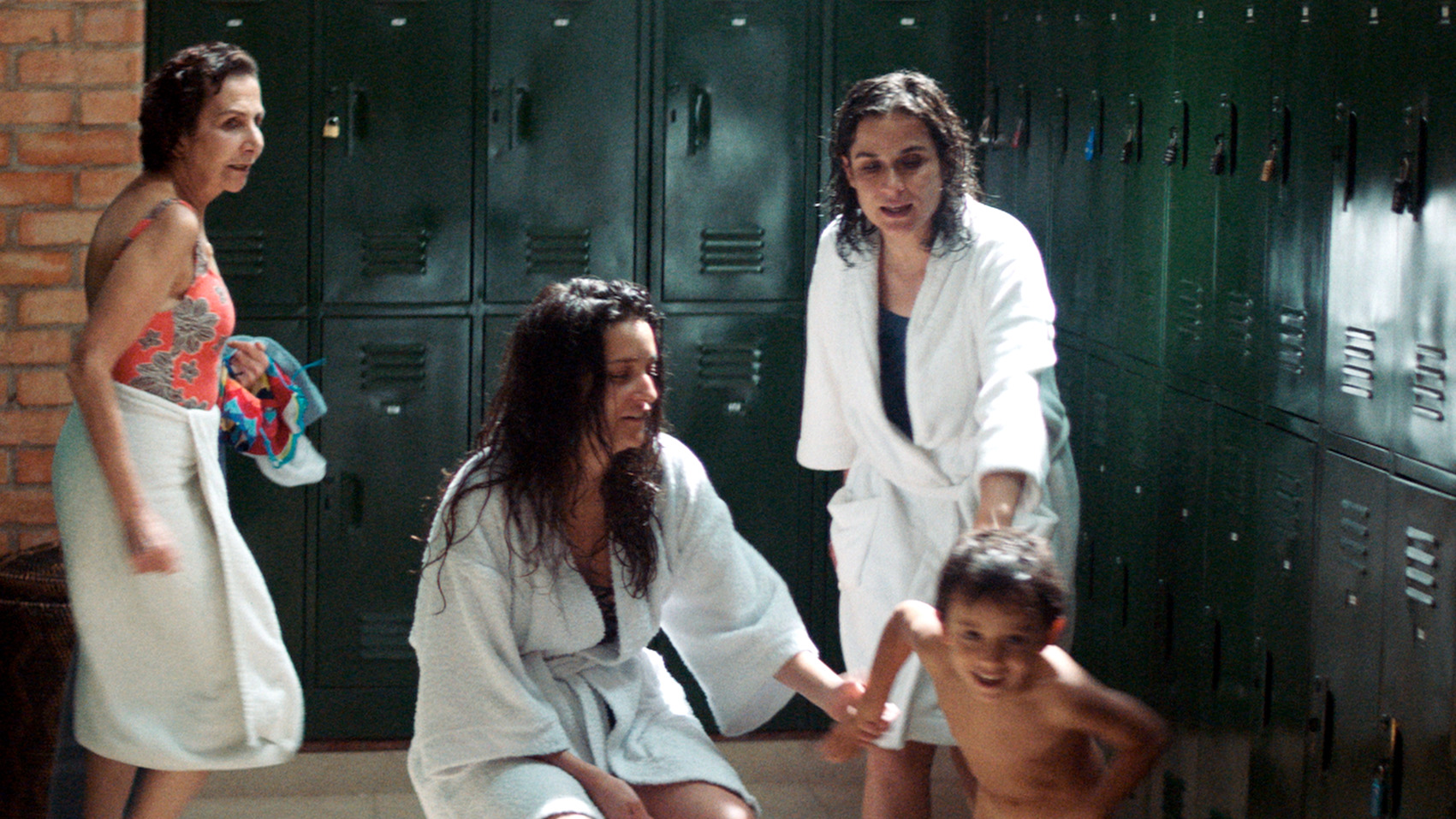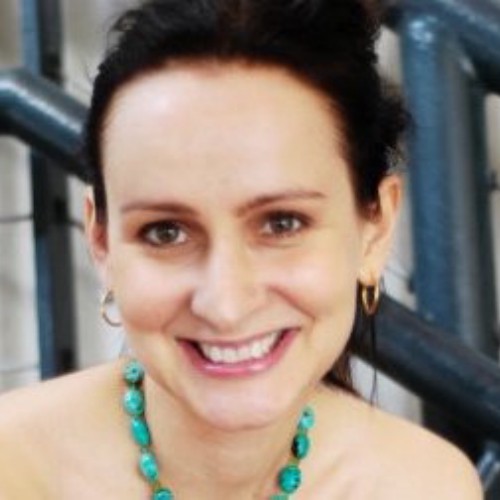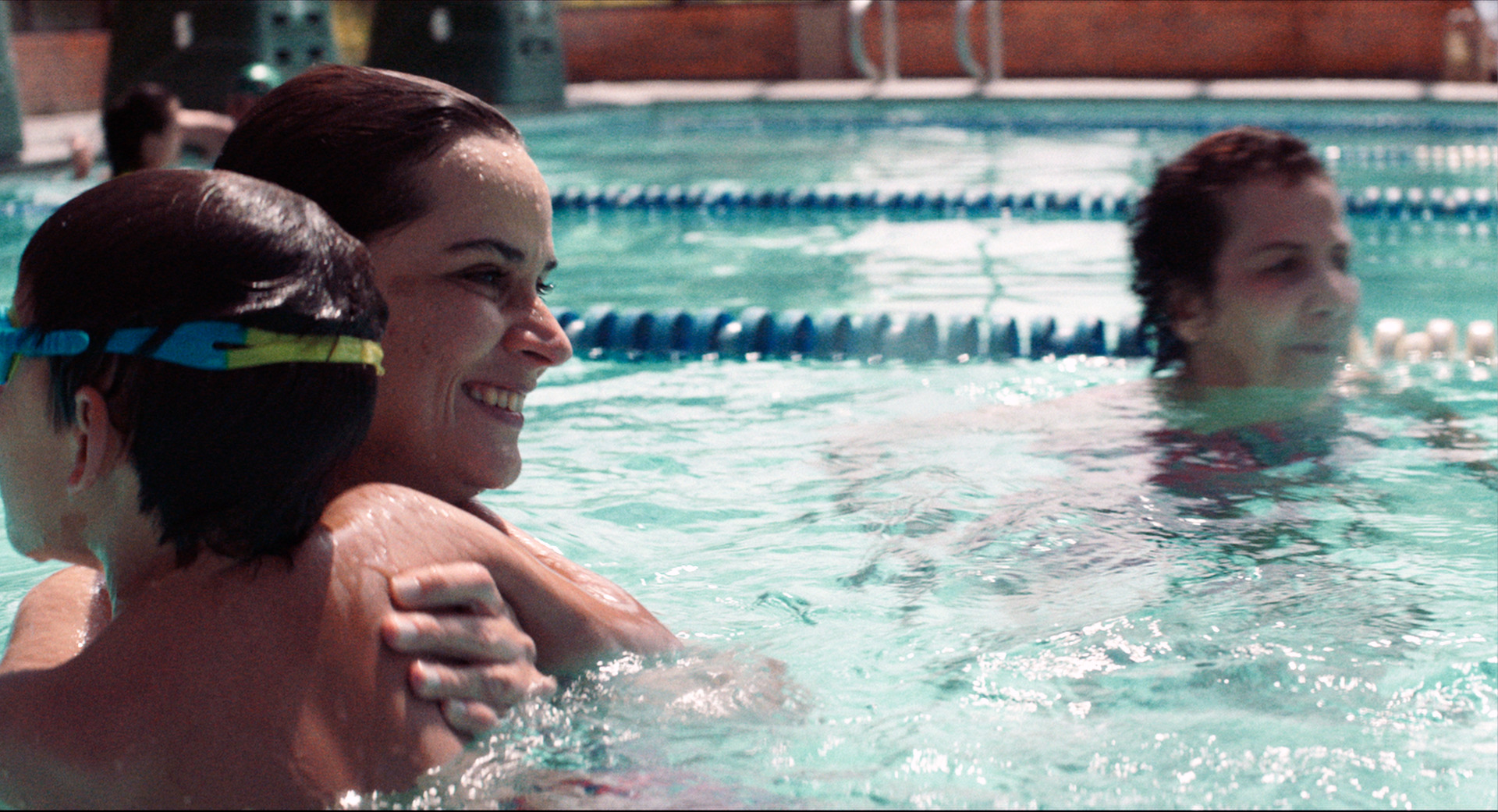I’ll admit, I dreaded watching ‘Litigante’ because from its synopsis, I knew it would make me face my own often fragile relationship with the woman who brought me into this world. And yet, I was drawn to it and to its powerful filmmaker who, as his previous work proved, knows how to make the real wonderfully cinematic, and fiction always ring true.
During my time watching the film, on a laptop which actually made sense for such an intimate work of art, I found myself clicking the pause button a few times — the thick tears streaming down my face making the picture blurry. I lost my best friend to lung cancer six months ago and watching Leticia, the mother (played with such elegant dignity by the filmmaker’s own mother Leticia Gomez) slowly be consumed by the disease in the film, touched buttons I didn’t even know I possessed.
But in the end, the story of ‘Litigante’ is as much about illness as it is about imperfect love — the kind we all manage to bestow upon our loved ones. Full of our own shortcomings and anxieties, we constantly battle those closest to us to achieve a different outcome, when instead we only end up finding ourselves right back where we started — even more bitter and exhausted. The energy we spend trying to prove those points we know deep inside could be used to hold them, or make their existence more tranquil, but we can’t help ourselves. We keep battling on, like an army of Don Quixotes against those impossible windmills.
I hate to quote Dr. Phil but he said it best: “Do you want to be right, or do you want to have peace?”
While I found myself holding dear to the images, the music, the acting and the feelings that ‘Litigante’ bestows so gracefully on its viewer, I found within its filmmaker more inspiration and a will to be better, do better with my own loved ones. So here I’ll share my interview with Franco Lolli from this year’s Cannes Film Festival, where the film kicked off the Critics’ Week lineup.

How is portraying a mother-daughter relationship in Columbia different from dealing with one in the US or Europe for example?
Franco Lolli: I don’t know if it is. What I am sure of is this particular family that I portray comes from my particular family which is a Columbian family. And we shout a lot, we fight a lot and this is the particularity of the film — not every family exteriorizes the feelings they have. The fear, the love, the anger. I think what makes the film different in a way is that I portray my own family. I’ve lived through it. My mother is portraying Leticia. She is the actress.
None of your women are professional actresses, only the actor who plays Abel, the boyfriend is a professional, right?
Lolli: The woman who plays Silvia [Carolina Sanin] is a writer and a PhD in Spanish Literature. My mother was a lawyer, but they can act. You know when you look at people if they can act or they can’t. And they are actresses. For me they are actresses like Marion Cotillard is an actress.
Because it’s so personal, are you written into one of the characters?
Lolli: I am Silvia [the daughter] in a way. You know my mother had cancer, she had breast cancer and now she’s OK for the moment, because with cancer you never know. And she smokes a lot even now. And I always thought she might die from lung cancer. So what I portray is the fear I have of her dying that way. And in a way it was useful for me and for her, because now we know what can happen. Now we lived it, even if it’s in cinema. You know I cried a lot during the shoot.
I cried a lot watching it!
Lolli: That’s the best compliment I could get. The feelings that I had are the feelings that I hope the spectator will have watching the film. I am very moved by the film. I made the film I had to make.
There are these contrasting opinions from the characters about whether to get treatment or whether to let it just be. Can you talk about that a bit?
Lolli: I think my mother and the character she plays would say they don’t fear death. But if you say that it’s because you do fear death. Otherwise you wouldn’t say it. Saying it is like a way to be in a battle against death. I think that’s what she does. She is a strong woman — both the character and the actress. And the character at some point says “I don’t need this treatment.” [And with how the film turns out] maybe she was right, maybe she didn’t need it. Maybe her life would have been better without the treatment.

There are so many layers to this story and I know that is scripted by you. But how much of the dialogue is improvised? Because it feels so natural, so fresh and unscripted. Like how a mother and daughter really speak to each other.
Lolli: I had a script with dialogue but I didn’t give the dialogue to the actresses. I tried to get what I have scripted by improvisation. But they give me much more than what I wrote. I got at least what I wrote and then many more things.
They talk like women, they don’t talk like women…
Lolli: …Written by men! This is important. I’m not that smart, I don’t know everything about everything. At some point you have to put the film in other people’s hands and the actors, they do things that when I watch the film make me go “ah, OK.” I created the space for this to happen.
Silvia’s choice to be a single mom, it’s something a lot of women are considering today. It is a possibility these days. But how is it seen in Columbia, since I don’t have that perspective?
Lolli: I think it’s still difficult for a woman to be a single mother anywhere in the world. You still get the looks. I just had a son with my wife. He’s five months old and people are very judgmental regarding how you are a mother. Not how you are a father, not that much, but how you are a mother. When he was two weeks old, she went to a bakery shop with the baby. And people told her “what are you doing with the baby outside, you’re supposed to be at home!” Random people. Everybody feels they can tell you how to be a mother. At some point the film talks about this.
Mothers are also the easiest ones to blame for everything.
Lolli: Of course, I am the first one to do it! For me the film is an homage to my mother but also a way to say, “this is f***ing complicated every day.” We love each other and we hate each other and we fight a lot.
How did you cast the part of Abel, played by Vladimir Durán?
Lolli: I did a long casting, nine months for all the characters and then Vladimir came in at the last minute. Actually, I had another actor in Columbia. But I did a rehearsal with him and he made me laugh. I was like, he’s not a good looking guy, but he has a kind of tenderness and he’s funny. And I said to myself that I wanted a guy who could be fragile. Vulnerable. I wanted a guy who wasn’t just a male. Vincent Gallo couldn’t have played this part. Vladimir, in real life he’s gay. And I think some of this was important because the film is a feminine film. I am also that way — you don’t have long hair as a man for nothing! And they really bonded with the lead actress.
What is next for you?
Lolli: I have to take care of my son. He was born eight days after the shoot and raised during editing and the craziness of Cannes. And then I think I’m going to make another film and am pretty sure the main character is going to be a woman. But younger, in her twenties and it’s going to be a love story. You know the moment in your 20s, when you have the most important story in your life and the one you believe is going to be the last one? Most of the times it’s not, but I want to make a film about this. About this time when you say “this is it.” I don’t know if it’s in Columbia or in France. I think France. My sentimental education happened in France.


